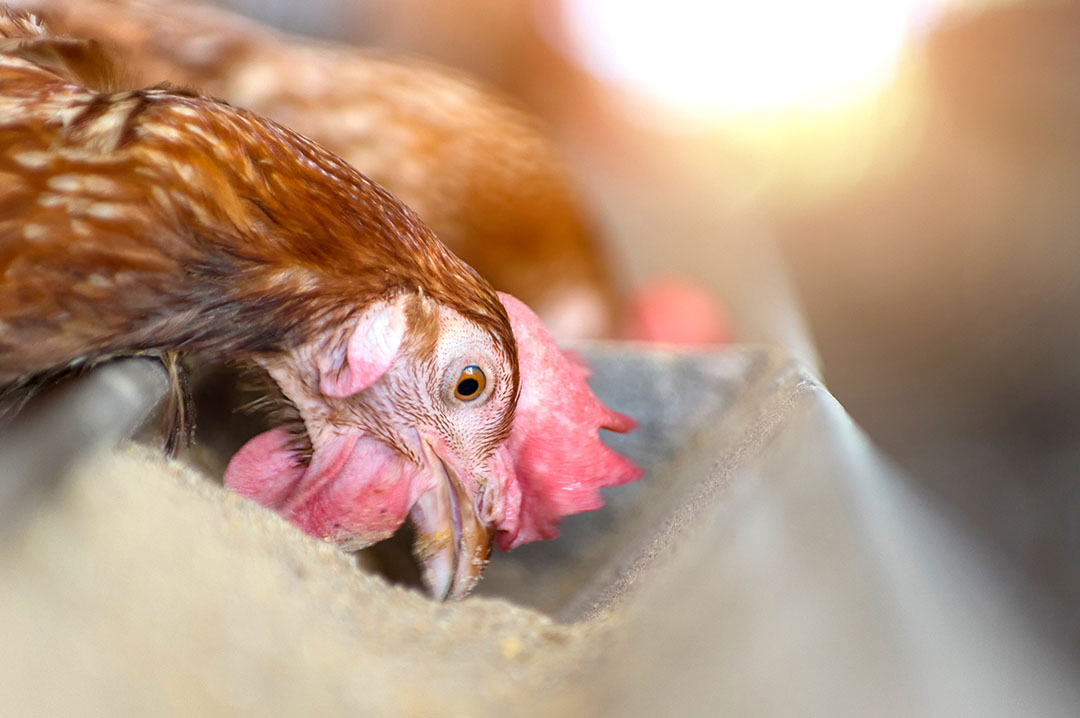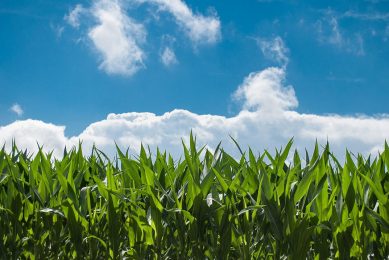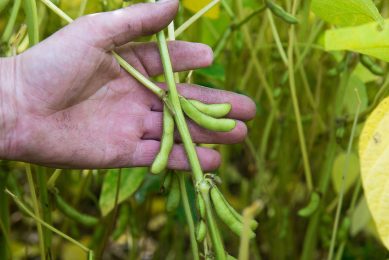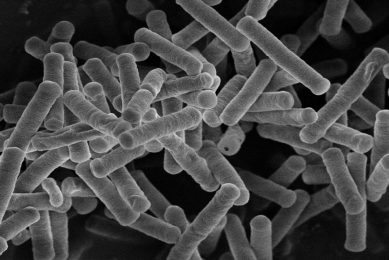Poland: Poultry feed production hampered by Covid-19

In 2020, feed production in Poland is likely to fall as compared to 2019 due to the problems the domestic poultry industry is currently facing, Anna Zymerman, Secretary General of the Polish Grain & Feed Chamber told All About Feed.
“Our experts forecast that there could be a 6.6 % drop in poultry feed production in Poland in 2020 compared to 2019. Feed production for other species should remain at the same level as 2019,” Zymerman estimated. “The drop in compound feed production is anticipated at the end of second and the beginning of the third quarter of 2020.”
Our experts forecast that the broiler market will shrink more than other meats…”
Export restrictions caused by the Covid-19 pandemic could lead to an additional 40 million broilers per month landing on the domestic market, sparking an oversupply crisis, the Polish National Poultry Council – Chamber of Commerce (KRD-IG) warned in a statement on its Twitter account posted in May. The coronavirus pandemic made it near to impossible to sell eggs, chicks, or raised birds outside of Poland, which could lead to a wave of bankruptcies in the industry, the KRD-IG said.
“Currently, it is hard to give a reliable forecast and estimate exactly the impact the Covid-19 would bring on the Polish poultry market. Limited operations of the HoReCa sector, as well as catering in schools or kindergartens not only in Poland but also in all EU, have negatively affected the European poultry sector,” Zymerman said.
“Our experts forecast that the broiler market will shrink more than other meats and dairy products markets. Everything would depend on how soon those markets will resume their normal activities. In the broiler market, our experts estimate the drop would be between -5% and -20% depending on when the European economy would resume full-scale operation,” she added.
 Case study: Covid-19 disrupts EU feed use
Case study: Covid-19 disrupts EU feed use
The uncertainty of this pandemic is weighing on producers and is being felt across the EU and worldwide.
Logistics issues
The Polish feed industry managed to overcome some problems that emerged at the beginning of the coronavirus-induced crisis. “At the beginning of lockdown there were some logistic problems due to reintroduction of border controls [in the European Union], however after we intervened with national authorities as well as European ones throughout European Federation of Feed manufacturers FEFAC and setting up the “green lines” for cargo transports the problem was solved,” Zymerman said. According to Zymerman, Poland is self-sufficient in grain supply and rapeseed meal supply but depends on import when it comes to protein feed materials like soymeal or sunflower meal.
 Ag companies contribute to the fight against Covid-19
Ag companies contribute to the fight against Covid-19
In response to the fight against coronavirus, agricultural companies are starting a number of new initiatives. A couple of examples.
Feed additives markets
“As for the feed additives – we could notice more serious deficits mainly on the products supplied from the Asian region, because of closed production plants and shipment halts. This caused a reduction in stocks and price hikes. However, presently the situation is stable, and there are no threats of production halts due to the feed additives shortage,” Zymerman added.











